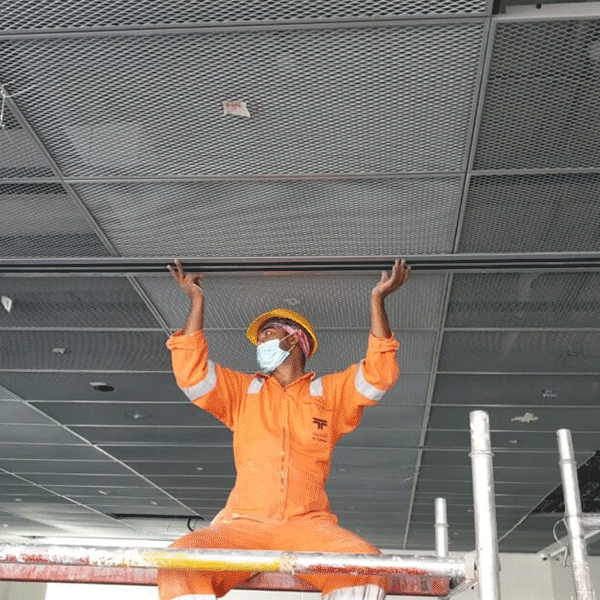INFRASTRUCTURE DEVELOPMENT
INFRASTRUCTURE DEVELOPMENT
Infrastructure Development refers to the planning, design, construction, and maintenance of essential physical and organizational structures that support society and economic activity. This includes transportation systems (roads, bridges, railways), utilities (water, electricity, telecommunications), public facilities (schools, hospitals), and urban development projects. Below is a brief overview of infrastructure development:
Key Components of Infrastructure Development
- Transportation Infrastructure:
- Building and maintaining roads, highways, bridges, tunnels, railways, airports, and ports.
- Improving connectivity and mobility for people and goods.
- Utilities and Energy Infrastructure:
- Developing water supply systems, wastewater treatment plants, and electrical grids.
- Expanding renewable energy projects like solar farms and wind turbines.
- Urban Development:
- Planning and constructing residential, commercial, and industrial buildings.
- Creating smart cities with integrated technology and sustainable practices.
- Public Facilities:
- Building schools, hospitals, government buildings, and community centers.
- Ensuring access to essential services for the public.
- Telecommunications Infrastructure:
- Developing networks for internet, mobile, and broadband services.
- Enhancing digital connectivity and communication.
- Environmental Infrastructure:
- Implementing projects for flood control, waste management, and green spaces.
- Promoting sustainability and resilience to climate change.
Key Roles in Infrastructure Development
- Civil Engineer:
- Designs and oversees construction projects like roads, bridges, and buildings.
- Ensures projects meet technical and safety standards.
- Project Manager:
- Plans, coordinates, and manages infrastructure projects from start to finish.
- Manages budgets, timelines, and teams.
- Urban Planner:
- Develops plans for land use, zoning, and community development.
- Ensures sustainable and efficient urban growth.
- Construction Manager:
- Supervises construction activities and ensures projects are completed on time and within budget.
- Coordinates with contractors, engineers, and stakeholders.
- Environmental Engineer:
- Designs systems for water treatment, waste management, and pollution control.
- Ensures compliance with environmental regulations.
- Surveyor:
- Measures and maps land for construction projects.
- Provides data for planning and design.
Skills and Qualifications
- Technical Skills: Knowledge of engineering principles, construction methods, and project management.
- Problem-Solving Skills: Ability to address challenges in design, construction, and implementation.
- Communication Skills: Effective interaction with teams, stakeholders, and the public.
- Certifications: Certifications like PMP (Project Management Professional) or PE (Professional Engineer) can enhance career prospects.







